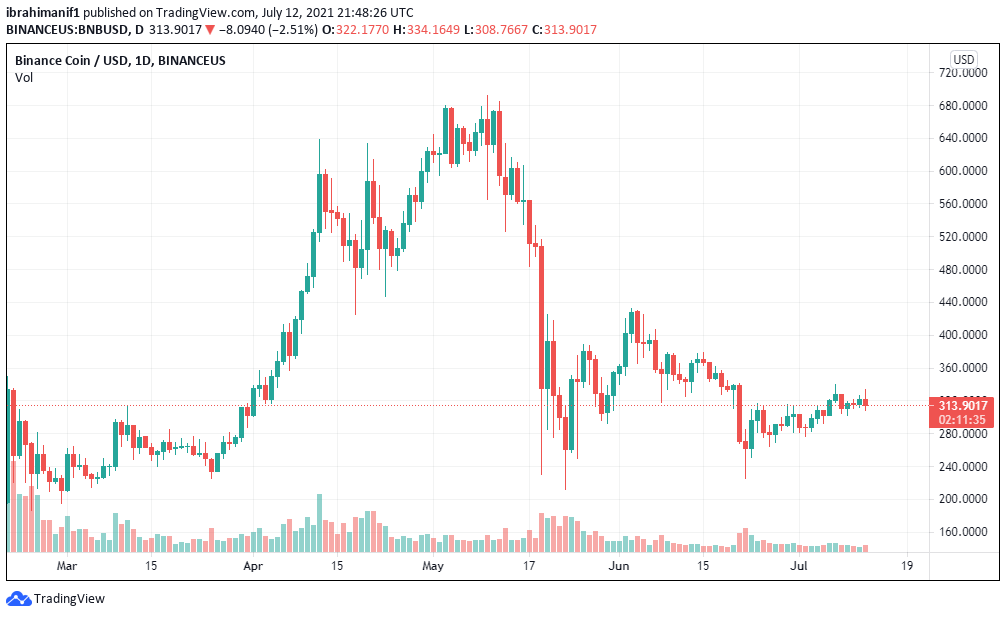Although the government has stated that a sovereign digital currency will not replace the country’s fiat currency, Vietnam has become the latest country to investigate central bank digital currency (CBDC).
Vietnam’s Working On Digital Currency
According to Nikkei Asia on Monday (July 12, 2021), the Vietnamese government’s decision to investigate the construction of a CBDC stems from Prime Minister Nguyen Xuan Phuc’s Decision 942 from June. Between 2021 and 2025, the strategy aims to create a digital government.
Binh Nguyen Thanh, the coordinator of the RMIT University Vietnam’s Fintech-Crypto Hub, claimed that the e-Government growth strategy might facilitate the construction of a CBDC. Thanh also suggested that the Vietnamese government might keep track on ongoing digital currency initiatives in other countries.
Thanh also stated that Vietnam is working on establishing a fintech regulatory sandbox, which could include a digital currency pilot. A CBDC, on the other hand, is not a substitute for the Vietnamese dong.
The Vietnamese government had previously requested that the State Bank of Vietnam (SBV) conduct a blockchain-based digital currency trial. The trial scheme would be implemented between 2021 and 2023.
Related article | Japan, Portugal Approve New Cryptocurrency Exchanges
Vietnam Has Been Experimenting With Blockchain
While Vietnam appears to have joined the growing list of countries that are experimenting with CBDCs, the country has not always been kind to bitcoin. In 2018, Vietnam’s then-Prime Minister, Nguyn Xuân Phc, who is now the country’s President, ordered financial institutions to stop providing services to crypto-based consumers.
The country’s finance minister proposed for a ban on crypto mining equipment imports the same year. Companies were also barred from dealing with cryptocurrency by the authorities. A Vietnamese ex-police commander warned against participating in bitcoin scams later in 2020.
However, in May of the same year, Vietnam’s Ministry of Finance announced that it was considering forming a research committee to analyze and suggest regulatory laws for the crypto industry.
CBDCs are gaining popularity, with more central banks experimenting with or testing sovereign digital currencies. The Bank of Jamaica said in July that it would launch a pilot program for CBDCs in August.
Despite their skepticism of cryptocurrencies, the Vietnamese government has already discovered a method to gain from blockchain technology. Vietnam’s Ministry of Education and Training put its high school and university diplomas on a blockchain last year.
The Vietnamese government is calling for further use of blockchain, including its electronic identification (eKYC) system, though details are not yet forthcoming. If it continues at this pace, Vietnam could overtake Malta in the educational blockchain space.
New Zealand is also considering a digital currency, while Japan’s plans for a digital yen are expected to be finalized in 2022.

BNB/USD still consolidating. Source: TradingView
Related article | PM Of Vietnam Orders Central Bank To Conduct Cryptocurrency Pilot Implementation
Featured Image from Getty Images, Charts from TradingView











